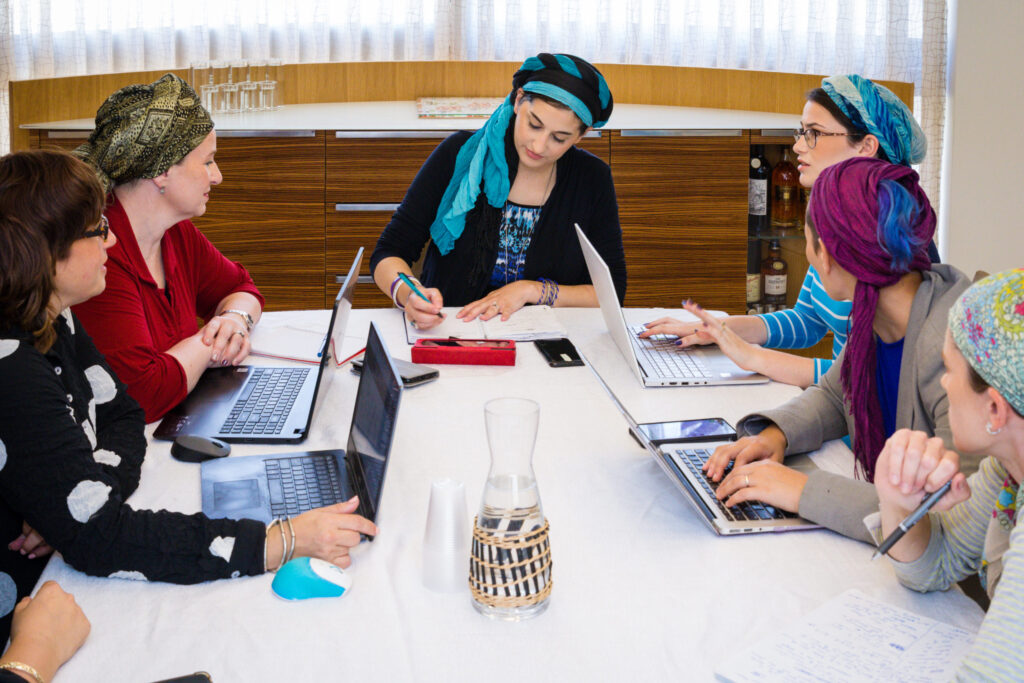
[vc_row][vc_column][vc_column_text]Dozens of people on my Facebook feed are sharing this meme today from a page called Unchain My Heart. I’d like to relay a conversation I had with Rabbi Jeremy Stern of Organization for the Resolution of Agunot (ORA) regarding Blu Greenberg’s famous criticism of the rabbinic failure to solve the agunah problem, saying that “If there’s a rabbinic will, there’s a halachic way” and how this relates to the halachic prenup.

Rabbi Stern explained that in all these cases where we circumvent the consequences of a mitzvah de’oraita (such as mechirat chametz, pruzbol, various eruvin, etc), the “loophole” must be set in motion before the mitzvah begins to take effect. You can’t enact a pruzbol after shmitta has begun and you can’t sell your chametz once it’s already Pesach. Why?
Because in all these cases, we are not changing halacha; rather, we are changing reality so that a different set of halachot apply.
This is how the Halachic Prenup works. The prenup does not force the mitzvah of giving of a get; rather it amplifies the mitzvah of spousal support during a marriage. That is why the prenup must be signed before the wedding (or during the marriage as a post-nup). Once divorce proceedings have begun, absent a prenup, there is very little one can do on a halachic front in cases of get refusal. This is why ORA pushes so strongly for prenups. It’s much easier to prevent a disaster than to pick up the pieces. (Here ends the extent of the conversation with Rabbi Stern.)
There are, however, halachic mechanisms that do exist after the fact. These include annulments, invocation of mekach ta’ut, omdana d’mokhach and others (there is also the route of eschewing kinyan in kiddushin altogether, but that is a longer conversation). Obviously, these halachic mechanisms can only be used when the situation warrants it. The problem is when the situation warrants it but we worry more about slippery slopes, political criticism, loss of authority, conceding to feminists or the defeatist contention that “it’s just not done.”
But it has been done, it is being done and it will be done. Yes, we need courageous rabbis and dayanim to step up to the plate. But what we can do as a community is to create the social awareness to cultivate an environment that is receptive and conducive to these decisions. Without the proper social atmosphere, even the best ideas and most constructive policies will have little impact on the ground.
Within the Jewish community, so much of social policy is shaped not by imposing legislation from the outside but by shifting communal norms from the inside. Especially in Israel, many people mistakenly conflate religious institutions and religious authority figures with religion itself, and are therefore hesitant to criticize injustices committed in their name. Out of reverence for Torah and tradition, people inadvertently stand by while that very Torah and tradition they hold so dear becomes a mockery and even a tool of oppression.
This is where we, as a community, step in and say, it doesn’t have to be this way.
We have more power than we think. Let’s use it.
–Rachel Stomel[/vc_column_text][/vc_column][/vc_row]



©2024 All rights reserved
